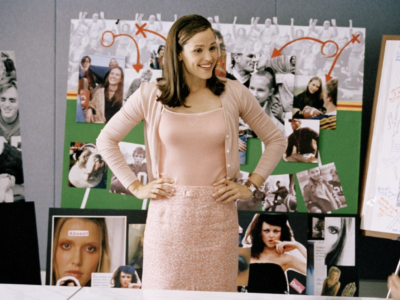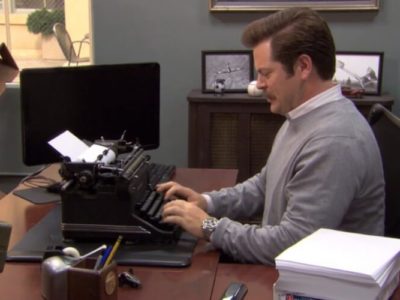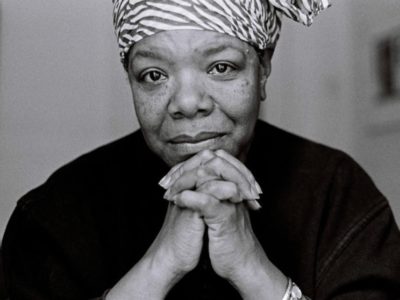Writing workshops can be hard on the ego, and the misconception that you have to be ruthlessly cruel when critiquing someone’s work doesn’t help. Tough love? Sure. But needlessly harsh comments that offer no hope or points to improve don’t make a helpful or friendly workshop. These tips will help you be a solid contributor during writing workshops while staying respectful to the writer.
Offer something positive
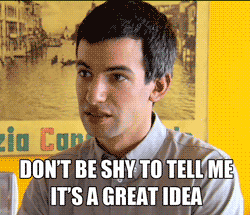
This should go without saying, but you should always include something you liked about the story. The writer needs to know what worked for the reader, and there’s always something that works, even if you hate the story. I read a story once about three guys who decide to sell drugs for a Mexican cartel to make a couple extra bucks. The dialogue was hilariously terrible and the grammar was horrendous, but I still wrote, “This character relationship isn’t very developed, but there’s a lot of potential to their bond.” It’s not lying to say that most stories have potential.
Favor natural impressions over strict checklists
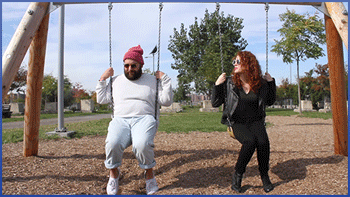
It can be handy after reading something to go through a pre-made checklist, asking basic questions like, “Does it have a strong opening line?” or “Are these characters realistic?” But not every story needs to have an awesome hook or naturalistic dialogue. More often than not the impressions that really matter are the first ones that leap to your mind as you’re reading, like if one character seems particularly pointless or if the story accidentally generalizes a certain culture.
Be humble
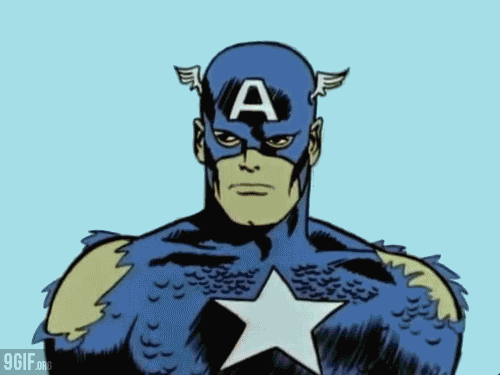
During my first serious writing workshop, a guy told me, “Your story is about coping with death, but otherwise it’s thematically hollow.” There was something off-putting about how confidently he told me what my story was about, without even a ‘maybe’ or an ‘I think.’ If you’re naturally a super confident and blunt speaker, it’s sometimes necessary to dial it back a little. In workshop, throwing in an occasional “um” or slowing down your talking speed won’t make you sound unsure or wrong; you’ll sound thoughtful and considerate, and start the session on a positive note.
Sound passionate

One semester there was a girl who muttered her criticisms to me during every workshop, never even making eye contact, and half the time only said, “Everyone has pretty much already said what I have to say.” But there’s always something else to say about a story because everyone reads differently and has a distinct personal response. There’s a difference between being humble and seeming reluctant or withdrawn.
Mention your own faults as well as the writer’s
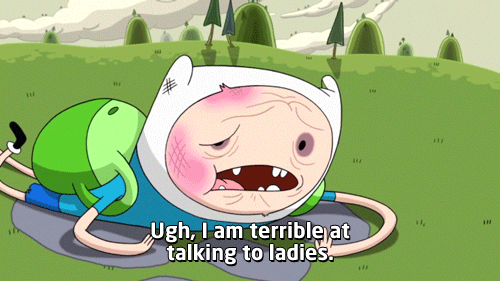
Having all the attention in the room can be terrifying for a writer. Whether it’s an amusing self-deprecating line like, “The humor in this scene fell a little flat, although what do I know, I still watch The Big Bang Theory…” or a mention of your own story, the writer will appreciate the break from the sweat-inducing spotlight. It might sound narcissistic to always refer to your own work, but mentioning a story other than the one being workshopped can also be beneficial for a change in perspective.
Remember that being kind and thoughtful is essential, and not just to protect egos. People are less inclined to listen to you if your criticisms come across as a personal attack. Besides, some writers have never had their stories critiqued. It’s up to the writer to build up a thick skin, but it’s a lot easier when you deliver your criticism in a polite way. Just like you, other writers want to know that you’re only picking at their stories to help them polish their skills.









